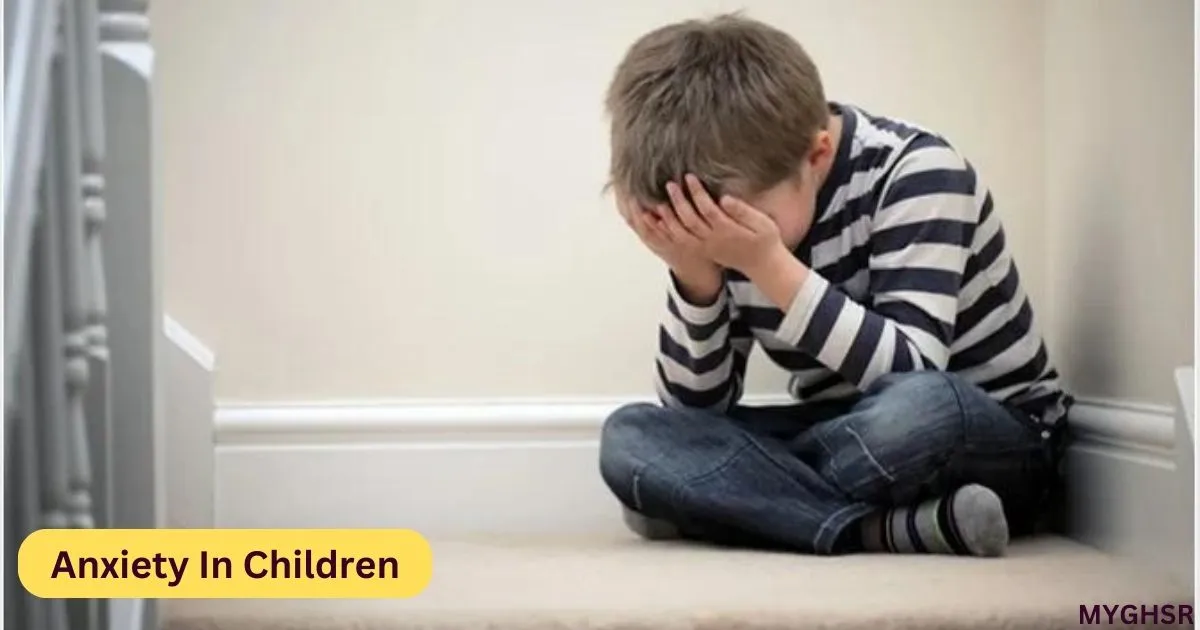Anxiety In Children: Learn to separate between healthy anxiety and destructive grade anxiety in children. Discover the signs and strategies for effective operation.
Fussing about grades is a natural part of a child’s academic trip. Still, it’s pivotal for parents and caregivers to distinguish between regular anxiety and grade- related anxiety. While some degree of concern about practice is entirely normal, it can occasionally transfigure into commodity dangerous, snooping with a child’s overall well- being. In this composition, we will explore the fine line between general anxiety and grade anxiety in children and bandy how to identify and manage these issues effectively.
The Role of Anxiety in Child Development
Anxiety responses are essential for healthy mortal function. They serve as an internal warning system that keeps us safe and propels us to take action when necessary. For case, a moderate position of anxiety can motivate a pupil to complete their schoolwork to avoid a poor grade. It’s important to fete that individualities naturally witness anxiety across a wide range of intensities, and this is a abecedarian aspect of mortal nature.
Just as people have different personalities, anxiety situations can also vary from person to person. Some individualities parade lower anxiety responses, allowing them to be more tolerant of pitfalls associated with implicit negative issues. Again, those on the advanced end of the anxiety diapason tend to be further threat- antipathetic, making opinions to minimize implicit pitfalls. Both of these approaches are valid and do not inescapably indicate an issue; they simply reflect the diversity of mortal gests.
Recognizing When Anxiety Crosses the Line
The challenge arises when anxiety situations escalate from being productive to getting ineffective or indeed destructive. In children like Alex’s case, they may have a birth anxiety position slightly advanced than their peers. naturally, this heightened anxiety can be manageable and indeed salutary, as it drives them to exceed academically. still, when anxiety reaches extreme situations, it can vitiate a child’s capability to serve effectively.
The signs that a child’s anxiety has come too much can manifest in colorful ways. Some pointers of inordinate anxiety include
Overstudying: When a child constantly overworks themselves, frequently at the expenditure of sleep and other essential conditioning, in an attempt to avoid poor grades.
Social insulation: Anxiety can lead children to insulate themselves from musketeers and family, fastening solely on academic performance.
Perfectionism: An compulsive need to achieve perfect grades can be an intimidating sign of inordinate grade anxiety.
Physical and Emotional Meltdowns: Frequent emotional breakdowns, as well as physical symptoms like headaches or collywobbles, can be an outgrowth of inviting anxiety.
Avoidance Behaviors:If a child constantly avoids academic or social situations due to their fear of failure, it may be an suggestion of a problem.
Freeze Responses: Some children may parade fight- or- flight responses similar as meltdowns or emotional shutdowns in response to academic pressure.
Anxiety In Children
Balancing Anxiety in Anxious Children
Managing anxiety in children is a delicate balancing act. While anxiety can drive success, it can also lead to destructive patterns when taken to the minimum. Then are some strategies for helping anxious children find a healthy balance
Open Communication: produce a probative terrain in which your child can express their enterprises and worries. Encourage open discourses about their academic and emotional gests .
Set Realistic Expectations: Help your child understand that it’s okay not to be perfect. Emphasize that literacy is a trip, and miscalculations are part of the process.
Establish a Routine: thickness and structure can give a sense of security to anxious children. produce a schedule that balances study time, relaxation, and adulterous conditioning.
Encourage Healthy Coping Mechanisms:Educate your child effective managing strategies, similar as deep breathing exercises, awareness, or seeking support from a counselor or therapist.
Seek Professional Help When Necessary: If your child’s anxiety is significantly injuring their diurnal life, do not vacillate to consult with a internal health professional. Cognitive- behavioral remedy can be a largely effective treatment for anxiety diseases.
Also Read: Joe Biden Executive Order: A Defining Step in the Regulation of Artificial Intelligence
